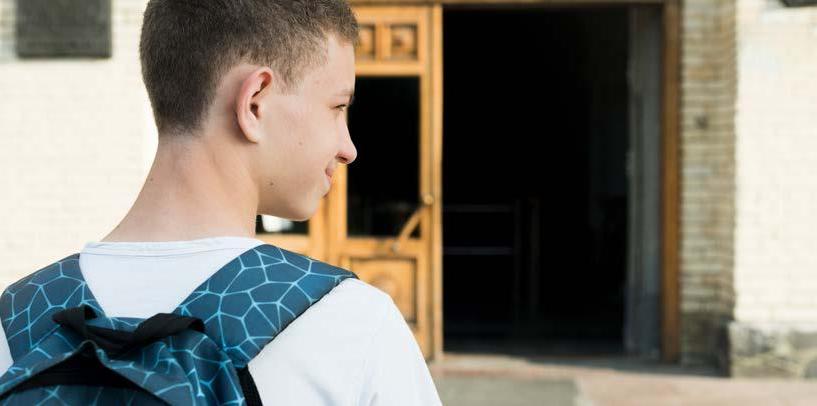
2 minute read
RETURN TO SCHOOL
THE RETURN TO SCHOOL PROJECT
HELPING KIDS RETURN TO THE CLASSROOM AFTER A TBI
Advertisement
For kids who have suffered a concussion or traumatic brain injury, returning to school can be a challenge. They may struggle with new cognitive or emotional issues that they haven’t experienced in the past, and most teachers are not knowledgeable enough to assist kids in making a smooth transition back into the classroom.
A study conducted by the University of Washington and the Seattle School District in 2014-2015 found that teachers felt they did not have enough information to help kids make the transition. This prompted several organizations, including the University of Oregon’s Center on Brain Injury Research and Training, the University of Washington, the TBI Council of Washington and the Aging and Long-Term Support Administration, to partner on a project to train teachers on how best to support their students.
David Minor, TBI Council and Fund Coordinator, and the DSHS TBI council staff have led the work at ALTSA and the roll-out of the Return to School project at the beginning of April. The project consists of online training, free events, conferences and tools to help educators and parents. Already, several hundred educators have signed up to take the online classes. The first conference, held May 21, had over 400 of registrations.
“A brain injury can change the way a student behaves, moves, thinks and learns,” David said. “If we know how to support the student or the child early on and if they understand not only the child but the family, we can make a lifetime change.” Many occurrences can lead to TBIs in kids and teens, but some of the most common ways they sustain head trauma are in motor vehicle accidents and sports injuries. Whether the impacts of their injuries are mild or severe, and whether they are temporary or permanent, kids often need support returning to school and other activities.
The Return to School project is reaching out not only to K-12 teachers, but also to daycares, universities, teaching colleges, youth sports organizations, and other entities. It is being funded through the TBI account funds, which are collected as a $5 charge on every traffic infraction in Washington.
Although the project already has many resources available, new items will continue to be added to the website, including the Safe Kids Academy, a virtual summer program for kids, and the Brain Injury Management toolkit, which provides schools a template for setting up a brain injury management team to help a child return to school.
Return to School trainings and resources are available for free of charge to everyone. The information may be helpful not only to those who work with children, but to anyone who knows or works with people who have TBIs. To learn more, take trainings, explore resources or sign up for future events, visit the Return to School website.
Additional information about TBI, supporting people with TBI and other programs and resources can be found on the DSHS website.








